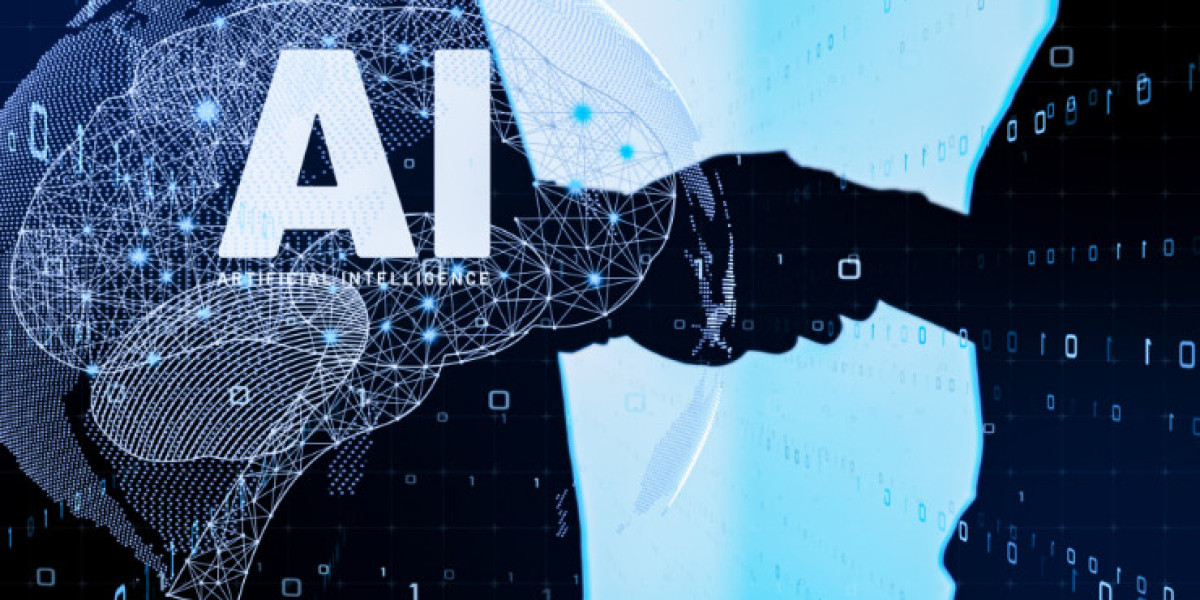In today's rapidly evolving technological landscape, rtificial intelligence and robotics courses have become increasingly crucial for aspiring tech professionals. These courses offer a perfect blend of theoretical knowledge and practical skills that are essential for navigating the future of technology. Let's dive deep into what makes these courses so valuable and how they can shape your career path.
Understanding the Fundamentals
What is Artificial Intelligence?
Artificial Intelligence isn't just about robots and science fiction anymore. It's a transformative technology that's reshaping our world. AI involves creating intelligent systems that can learn, adapt, and make decisions. When you're starting with AI courses, you'll learn about different types of AI, from rule-based systems to more complex neural networks.
The Basic Components of Robotics
Robotics is where virtual intelligence meets the physical world. Modern robotics courses cover everything from mechanical design to sensor integration. You'll learn about actuators, sensors, and control systems that make robots function effectively in real-world environments.
The Convergence of AI and Robotics
When AI meets robotics, magic happens! This convergence creates intelligent machines that can interact with their environment, learn from experiences, and make autonomous decisions. You'll discover how AI algorithms can be implemented in robotic systems to create more adaptive and responsive machines.
Core Components of AI and Robotics Education
Essential Programming Languages
Python, C++, and ROS (Robot Operating System) form the cornerstone of AI and robotics programming. You'll start with basic syntax and gradually move to complex implementations. Python's simplicity makes it perfect for AI algorithms, while C++ offers the speed needed for robotic control systems.
Mathematics and Statistics Fundamentals
Don't let the numbers scare you! While mathematics is crucial, modern courses break down complex concepts into digestible pieces. You'll learn about linear algebra, calculus, and probability theory - all essential for understanding AI algorithms and robotic kinematics.
Hardware and Electronics Basics
Getting hands-on with hardware is exciting! You'll learn about microcontrollers, sensors, and actuators. Modern courses often include practical projects where you'll build simple robots and gradually increase complexity as your skills grow.
Popular AI and Robotics Course Modules
Machine Learning and Deep Learning
These are the powerhouses of modern AI. You'll learn how to create systems that can learn from data and improve over time. From basic regression models to complex neural networks, you'll understand how machines can recognize patterns and make predictions.
Computer Vision and Image Processing
Ever wondered how robots "see" the world? Computer vision modules teach you how machines process and understand visual information. You'll learn about image processing techniques, feature detection, and object recognition systems.
Robotic Process Automation
Industrial Applications
Industrial automation is revolutionizing manufacturing. You'll learn how robots are programmed for assembly lines, quality control, and warehouse operations. Real-world case studies make these concepts come alive.
Service Robotics
From healthcare to hospitality, service robots are changing how we live and work. You'll explore how robots can be designed and programmed for human interaction and service delivery.
Career Opportunities and Industry Applications
Emerging Job Roles
The job market is booming with opportunities! Roles like AI Engineer, Robotics Programmer, and Automation Specialist are in high demand. You'll learn about various career paths and how to position yourself for success.
Industry Demand and Growth
The AI and robotics industry is growing exponentially. You'll discover which sectors are hiring and what skills they're looking for. From automotive to healthcare, the applications are endless.
Salary Prospects and Career Growth
Let's talk money! AI and robotics professionals command impressive salaries. You'll learn about salary ranges across different roles and how to maximize your earning potential through skill development.
Choosing the Right Learning Path
University Degrees vs. Online Certificates
Both paths have their merits. Traditional degrees offer comprehensive education, while online certificates provide flexibility and focused learning. You'll learn how to choose the right path based on your goals and circumstances.
Essential Skills and Prerequisites
Success in AI and robotics requires more than just technical knowledge. Problem-solving, creativity, and analytical thinking are crucial. You'll discover how to develop these skills alongside technical expertise.
Practical Experience and Projects
Theory alone isn't enough. Real-world projects and hands-on experience are essential. You'll learn about internship opportunities, project portfolios, and how to gain practical experience.
Conclusion
The world of artificial intelligence and robotics courses is exciting and full of opportunities. Whether you're a complete beginner or looking to upgrade your skills, there's a learning path for you. Remember, the key to success is consistent learning and practical application of knowledge.
Frequently Asked Questions
- How long does it take to complete an AI and robotics course? The duration varies from a few months for certificates to 2-4 years for degree programs, depending on the depth and scope of the course.
- Do I need prior programming experience to start learning AI and robotics? While helpful, many courses start from basics. However, a basic understanding of mathematics and logical thinking is beneficial.
- What is the average starting salary for AI and robotics professionals? Entry-level positions typically start at $60,000-$80,000 annually, with experienced professionals earning significantly more.
- Can I learn AI and robotics online? Yes, many reputable institutions offer online courses with virtual labs and simulation tools for practical experience.
- What are the most important programming languages for AI and robotics? Python, C++, and ROS are the most commonly used languages, with Python being particularly important for AI development.









